Kerala Ayurvedic Ashram Distances One From Daily Diet Of Dismal News
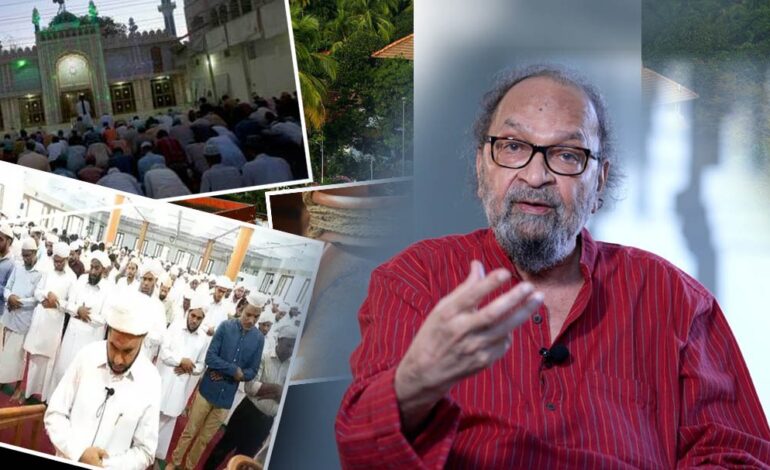
In a journalism career spanning 55 years Saeed Naqvi has travelled in over 110 countries and covered global events interacting with world leaders such as Nelson Mandela, Fidel Castro, Mikhail Gorbachev , Muammar Gaddafi, Henry Kissinger, Benazir Bhutto, Hamid Karzai, Shimon Peres and many more. However , he had not personally experienced Kerala’s famed ayurvedic “ sukha-chikitsa “‘. A few days ago , he filled this “ gap “ by partaking of the treatment at Kottakkal Aryavaidyashala. In this article written while he was at Kottakkal , Naqvi looks out into the world , especially to North India , where he was born , brought up and continues to live.
The Kottakal Ayurvedic Ashram in Malappuram, Kozhikode or Calicut, Kerala, is a vantage point from where the North Indian shenanigans acquire the perspective of distance. In a sense, it is a double distance – I am in Kerala and in an Ashram. That the Ashram happens to be in the heart of Malappuram, the state’s Muslim dominated district, is itself symbolic.
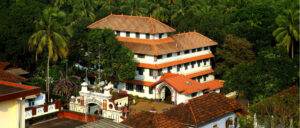
One of the women masseurs told Aruna, my wife, that she will take a day off on Sunday; she must visit Muslim homes on Eid. It would be wrong to compare enthusiastic inter religious participation on occasions like Eid or Onam in Malapuram to our experience in South Delhi. In fact it would be wrong even to compare it with, say, Thiruvanthapuram.
Thiruvanthapuram has always been a Nair dominated metropolis where the Muslim presence is not pronounced enough to be part of the Hindu’s everyday experience. Absence from this daily experience removes the Muslim from the Hindu’s social consciousness. That Sunday is Eid simply does not occur to him unless he happens to be in a Muslim dominated neighbourhood.
In New Delhi, ours is the only Muslim home in a colony mostly of Punjabis who came after Partition. I am usually an invitee for hoisting the flag on 15 August. But there are no spontaneous Eid visitations mostly because Muslims are not part of their daily experience as they are of mine.
This obvious but little noticed fact is critical in understanding Hindu-Muslim equations. The Hindu is part of the Muslim’s daily life – from the newspaper delivery boy, passing vegetable sellers, shopping malls, restaurants and, above all, the work place. The Hindu on the other hand has no occasion to come into contact with any Muslim. My friend for 60 years whom I must identify as a Hindu, (a shame, because our religious backgrounds have never mattered all these years) has never known a Muslim other than me.
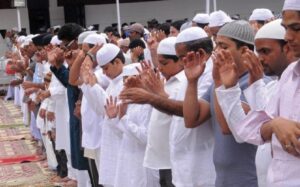
A Hindu without any experience of Muslim is prone to be afflicted by an apartheid of the mind. For years I have been trying to persuade Hindu friends to accompany me to Jama Masjid during Ramzan to see Muslim congregations, the milling crowds, authentic kebabs and not even an iota of harassment of women. But I fail. Politicians and TV channels have cast Muslims as such murderous monsters, that friends make excuses and opt out.
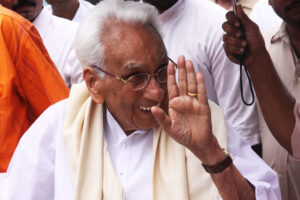
That communalism as a political project has had no traction in Kerala is not for want of trying by RSS cadres and Congress leaders like the late K. Karunakaran. The Congress had two distinct approaches to the RSS-BJP. In Madhya Pradesh, Arjun Singh, for instance, fought the BJP tooth and nail; Karunakaran made tacit adjustments with the RSS to inject its one percent vote for UDF candidates to thwart the Left. Like the right of centre parties everywhere the Congress too is more comfortable with Hindu nationalism than with communists.
In the North, manufactured incidents on a daily basis keep communalism on a continuous simmer and folks huddle and wonder what the future portends. For this lot, I have good news. They are guilty of extrapolating from their experience in the North and theorizing for the rest of the country. UP, Madhya Pradesh, Rajasthan, Haryana, Gujarat, part of Maharashtra and Bihar are in the BJP’s thrall. I am not counting Assam and Tripura because a different set of circumstances operates in these enclaves.
Even if you add the two, a total of 9 BJP ruled states minus Rajasthan for the time being, is far short of a comprehensive saffron hue over 29 states and 8 union territories. If roadblocks in the BJP’s way in the North was caste politics, it will face linguistic and ethnic headwinds in the rest of the country. The federal spirit is a huge obstruction.
Political culture in the North is overwhelmingly conditioned by identity politics. The rest of the country is by comparison relatively more sophisticated. Pardon my biases, but Kerala is truly Gods own country in every sense of the term including the charms of Kottakal. A deep rooted Left movement gave the people a sense of dignity not seen in the North. To the Church must go a large share of the the credit for the state’s saturation with education.
One of the invigorating “treatments” at Kottakal is an oil massage. Four men in blue uniform sit on either side of the massage table. An oil, laden with herbs, simmers on a stove. Hand towels, virtually cooked in the oil, are lifted out of the vessel, shared by the four masseurs who proceed to squeeze the tepid oil onto the body. They then slide the hand up and down the part of the body which has fallen to the particular masseur’s share.
To break the rhythmic monotony of the massage, I asked them if they were all vegetarians, the only food available in Kottakal. They protested. In fact this became a prelude to a conversation on politicians and their favourite restaurants. It turns out that Rahul Gandhi, ostensibly on the way to Wayanad, his constituency, never misses a chance to visit Paragon which has even my vote as the country’s premier restaurant. The Kerala exceptionalism is not limited the masseurs’ knowledge of cuisine. They had even savoured Paragon food.
The 14 day exemption in Kottakal from pollution, perverse politics and stories of police excesses in the North, has reminded me of something I had learnt during my five year stint in the South with headquarters in Chennai: the entire Muslim experience in the South is at a vast variance from the North.
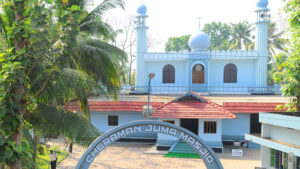
Muslims in the North came as invaders who set up empires. In the South they came as traders. Accepting local cultures was good business as well as excellent public relations. It was to facilitate the traders to pursue their new religion that Cheraman Perumal, a Hindu nobleman, built a Mosque for their Namaz in 629 AD near Kochi, three years before the Prophet’s death, making it the first Mosque in India and among the first six in Islam.


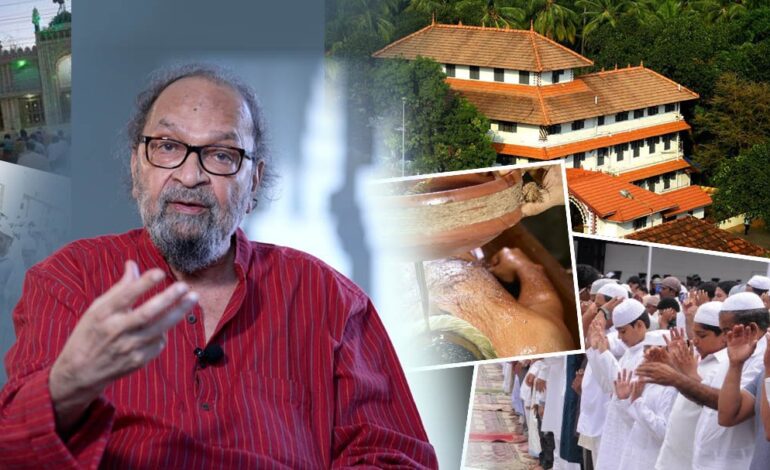
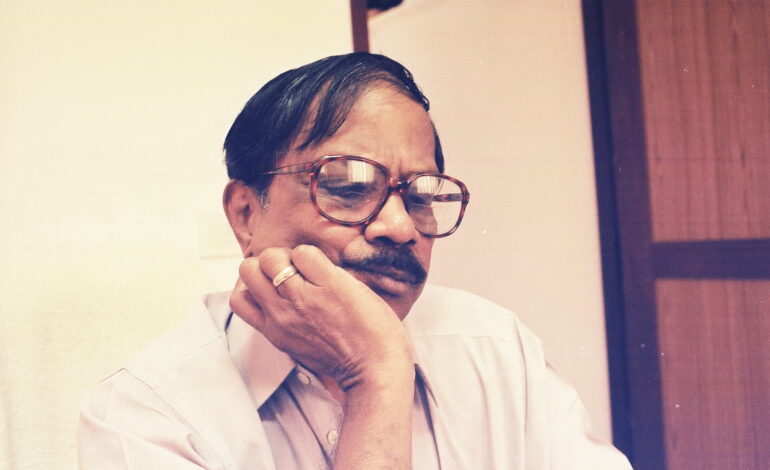
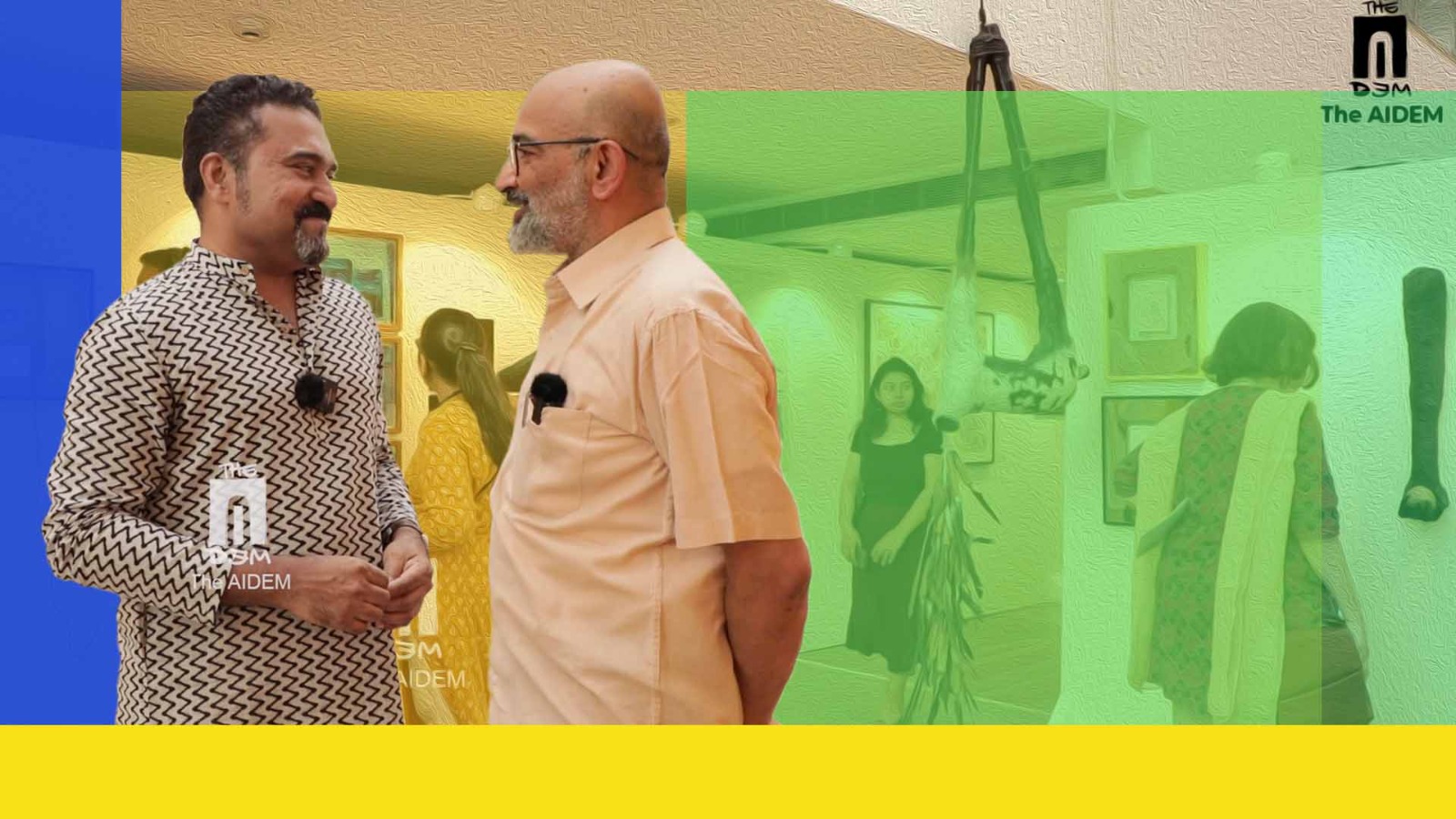
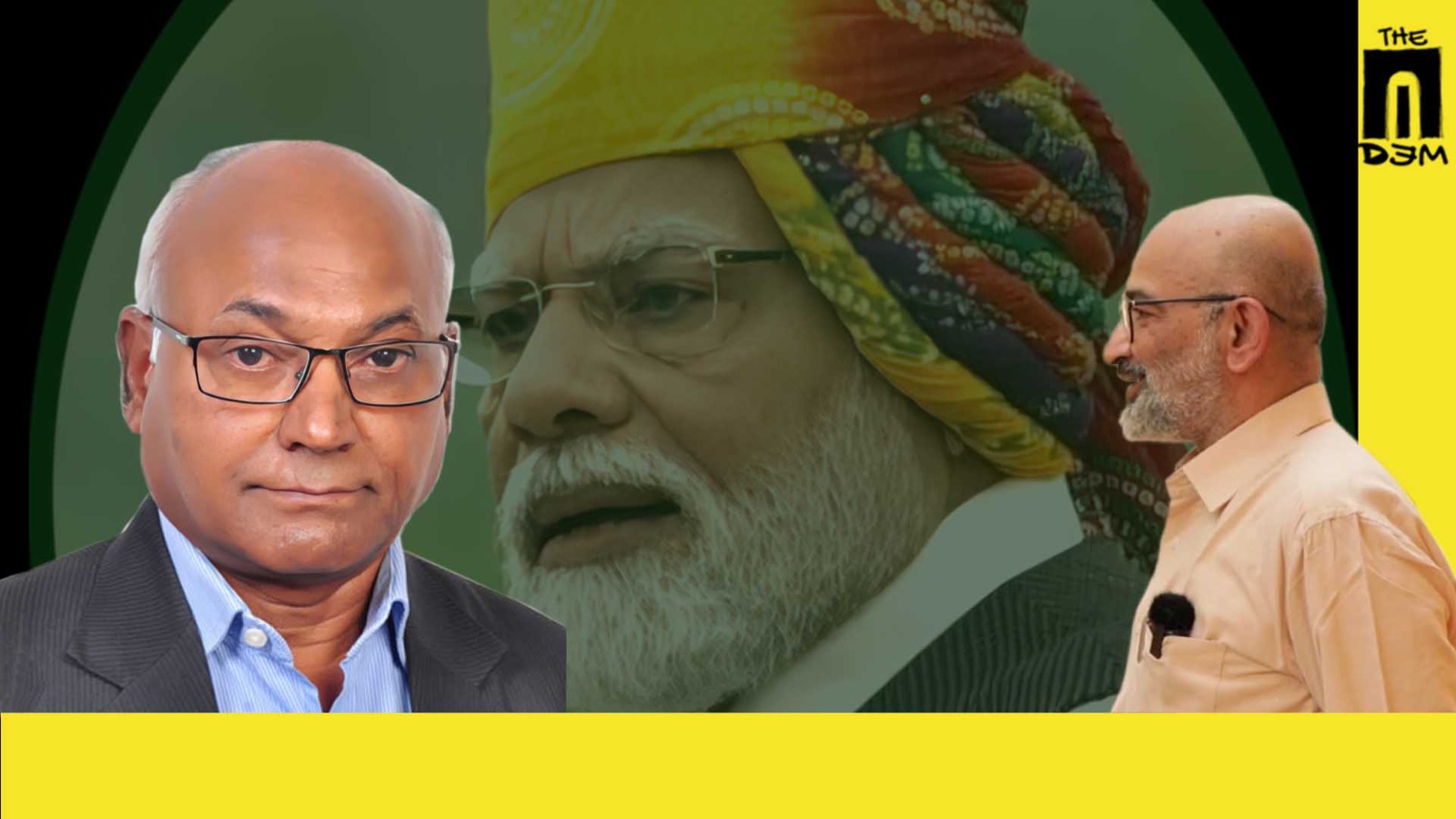
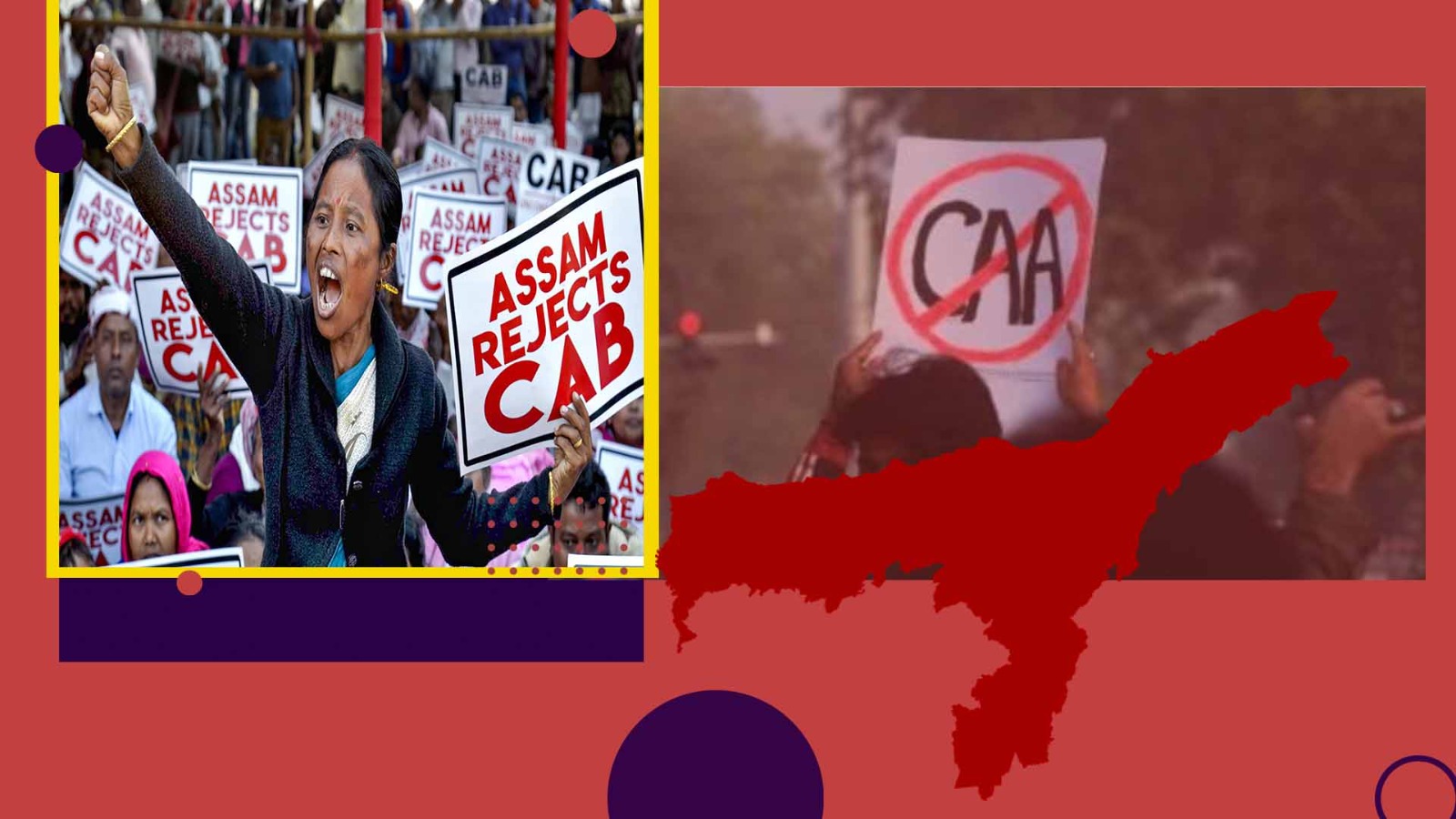
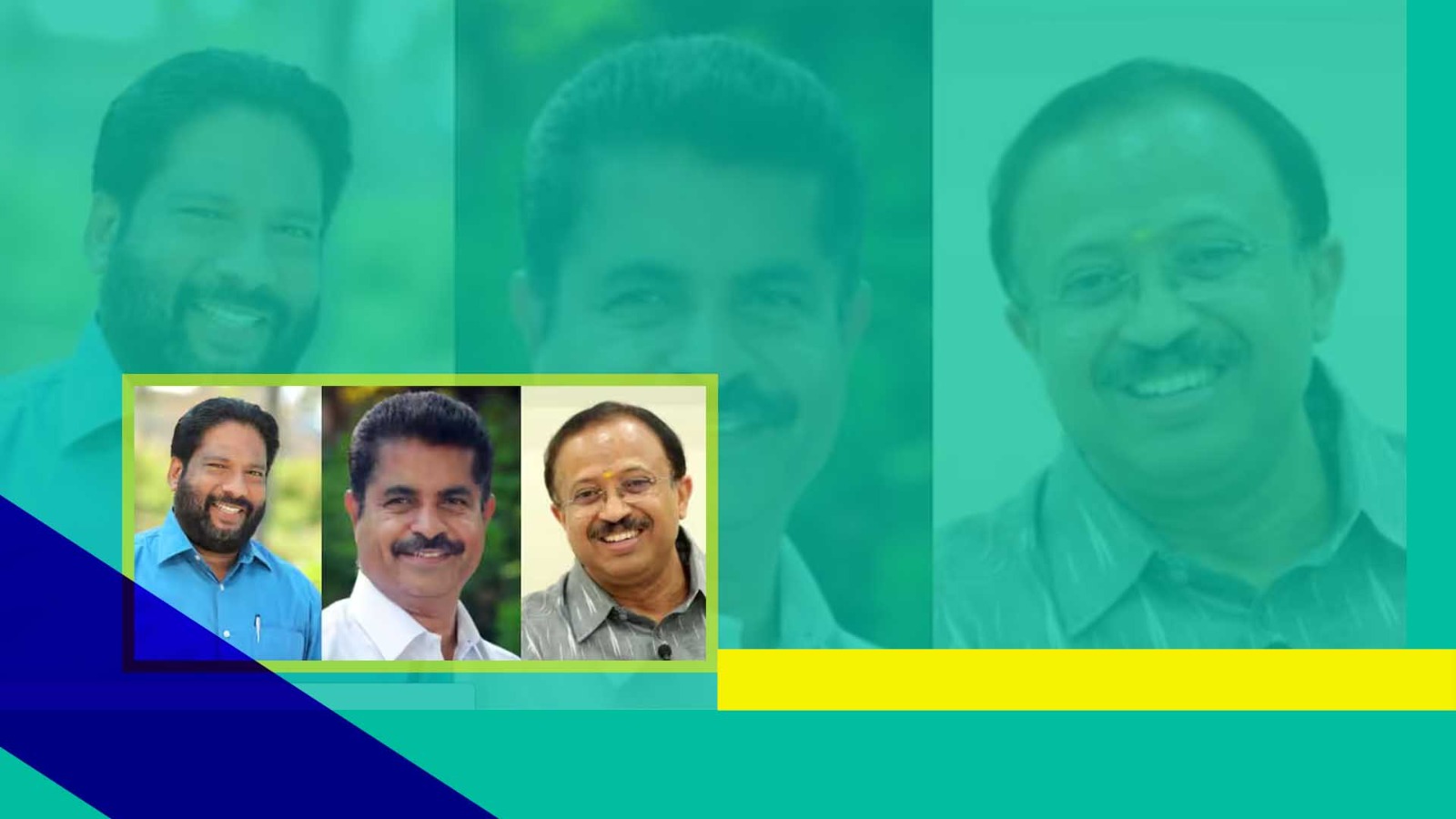




Nice analysis of interrelationships between Hindu & Muslim in north & south India.In north despite majority of Muslims as unskilled labourers they are perceived as descendants of tyrants kings & Nawabs.